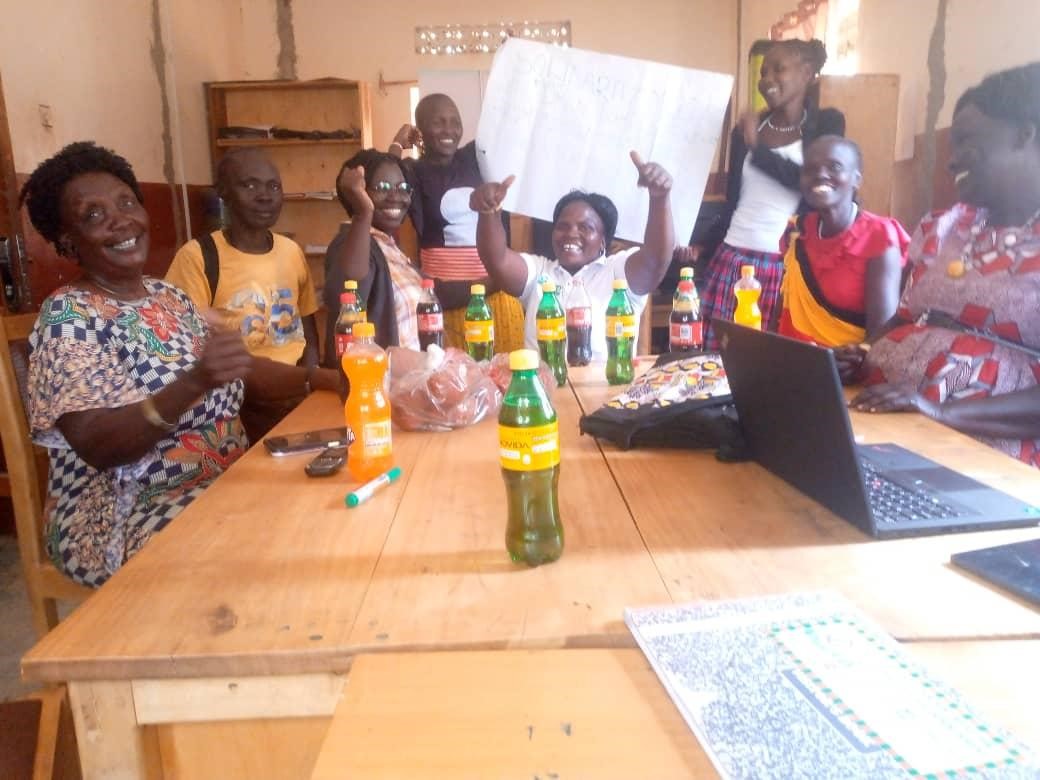Impact of WHRDN-U in Strengthening Women Human Rights Defenders in the Fight Against FGM
In the quiet and remote district of Amudat, Pauline Chepar had been fighting a lonely and dangerous battle. As a passionate Woman Human Rights Defender (WHRD), she had been leading the fight against Female Genital Mutilation (FGM)—a deeply rooted cultural practice in the area. Her work was not easy. She faced threats from community members, resistance from traditional leaders, and even neglect from authorities who were supposed to support her cause.
When Pauline attended the WHRDN-U Regional Residential Capacity Building Workshop in June 2025, she finally found a space where her voice could be heard. She courageously shared her daily struggles—how she risks her life to protect young girls, the emotional pain of survivors, the fear that cross-border FGM brings, and how often justice is never served due to weak law enforcement.
Her testimony touched the hearts of other WHRDs, especially those from the Karamoja sub-region. They realized that Pauline was not just fighting for her community—she was fighting for all of them. That is when something beautiful happened: they chose to stand with her.On July 8th, 2025, a team of WHRDs from Moroto, Napak, and Nakapiripirit districts organized a solidarity visit to the Sanay Anti-FGM Office in Amudat, where Pauline works. This was not just a visit—it was a powerful act of sisterhood.
Together, they shared experiences, cried, laughed, and reminded one another why their work matters. They held deep conversations about the dangers WHRDs face, the frustration of limited resources, and the pain of watching cultural practices harm women and girls. But most importantly, they gave each other hope.This visit, made possible through the coordination and inspiration of WHRDN-U, marked a turning point. Pauline no longer felt alone. She now had a network of sisters walking beside her. Together, they pledged to raise their voices louder, to run joint campaigns, and to push for stronger protection of girls’ rights across Karamoja.“When they came to Amudat, I felt like I could breathe again. I knew I was not alone anymore,” Pauline said.
Through this story, we see how WHRDN-U is not only building the capacity of WHRDs but also creating a culture of love, care, and unity in activism. This is what collective protection looks like. This is how change begins.
